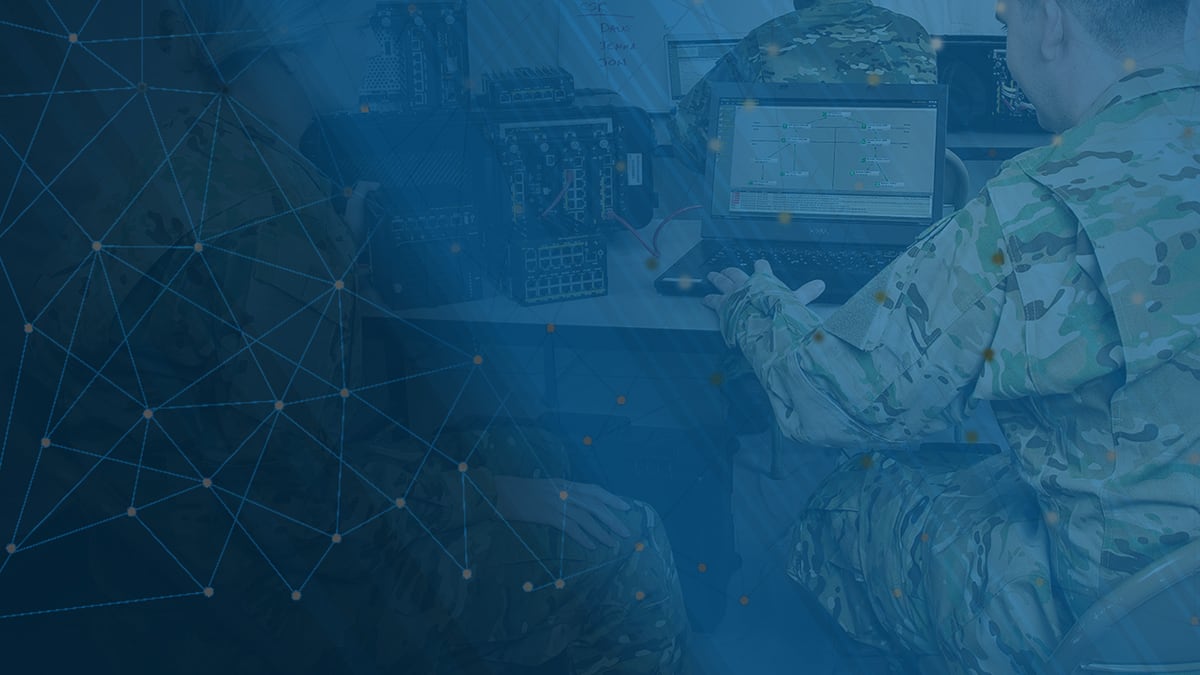WASHINGTON — A senior adviser to the Department of Defense’s chief data officer said the department is moving toward greater data sharing and away from the stockpiling of information, as the U.S. military focuses on greater communication between networks and forces.
“I think what we’re seeing across the department is folks leaning into the need to share,” John Turner, the adviser, said April 20 at the C4ISRNET Conference. “I think the culture of ‘data hoarding’ is absolutely on the way out, and we’re seeing incredible responsiveness as, increasingly, data is being shared across components for various use cases.”
The founding of data leadership positions in the defense world is helping make that transition possible, as has the realization of data’s wide-ranging value, Turner said.
“I think data leadership is standing up across the DoD components, as well as across the national security community, and that’s time and investment in talent that’s well placed,” he said.
Among the most significant and most recent moves to put data at the forefront was the establishment of the chief digital and artificial intelligence office at the Pentagon.
The CDAO, as it’s referred to, was created with an eye on collaboration. Specifically, the office is designed to better align digital solutions, data and artificial intelligence initiatives, as the Defense Digital Service, the chief data officer and the Joint Artificial Intelligence Center fall under its purview.
Turner said the work of fleshing out and readying the office has instilled a feeling of opportunity among people to “align our strategy on how to drive change across the department, how to lead and oversee the adoption of data analytics and AI.”
When it comes to data sharing, Turner said he considers the speed at which it can be executed a measure of success. The complicated task has several pitfalls or factors that need juggling — security, privacy and legal compliance included.
“The success from the data perspective is the speed at which we can close the loop between the producer and the consumer, and share data faster,” the senior adviser said Wednesday. “And data sharing is a complex, multifaceted issue.”
Colin Demarest was a reporter at C4ISRNET, where he covered military networks, cyber and IT. Colin had previously covered the Department of Energy and its National Nuclear Security Administration — namely Cold War cleanup and nuclear weapons development — for a daily newspaper in South Carolina. Colin is also an award-winning photographer.








